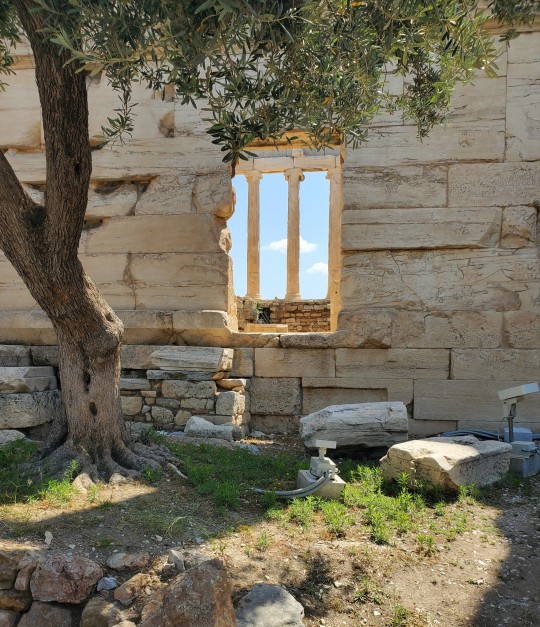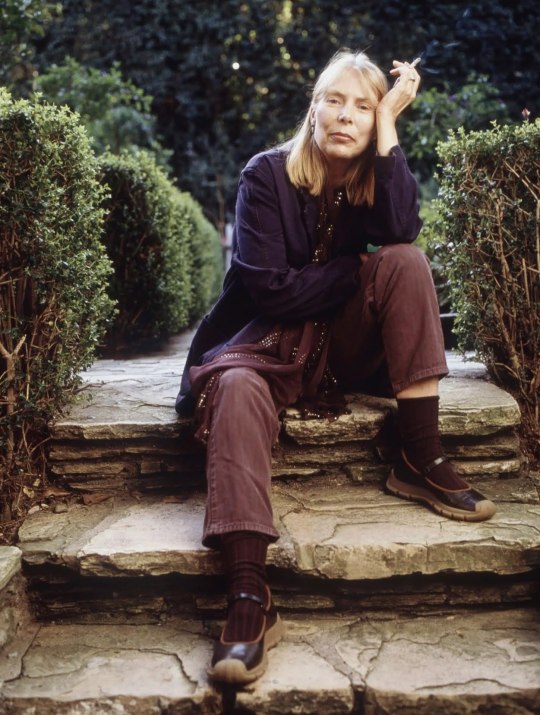Text

Lera Dubitskaya (Belarusian, 1996) - Trójnóg (Tripod) (2022)
517 notes
·
View notes
Text
My initial reading of Werckmeister Harmonies was through a geopolitical lens. A film from the year 2000, Werckmeister Harmonies came out of Hungary, a country that saw years of repression under the Soviet regime, only to watch all its neighbors engage in savage ethnic conflicts upon gaining their independence.
Therefore it isn't hard at all to draw a line between a dreamlike film about societal collapse released in 2000 and the fact that its country of origin was surrounded by and involved in the Yugoslav wars of the 90s. In fact, the Kosovo War started and ended while this film was being shot.
I don't think its incorrect to point out that Hungary's surrounding neighbors were descending into violent genocide when analyzing the film itself, but I will say that despite any influence the Balkan conflicts had on the film, The Werckmeister Harmonies was not *about* Eastern European ethnic cleansing.
Roger Ebert's review of this film quotes Belá Tarr as saying this about his film:
"I despise stories, as they mislead people into believing that something has happened. In fact, nothing really happens as we flee from one condition to another … All that remains is time. This is probably the only thing that's still genuine -- time itself; the years, days, hours, minutes and seconds."
It's clear that Werckmeister Harmonies is about something more universal than even music. It's about the cosmos, it's about rage and shame, it's about the nature of good and evil, it's about humans structuring reality, it's about mankind, and its about the wreckage they leave in their wake
The film tackles this in a 2 and a half hour waltz that uses only 39 takes, wafting you dreamlike through an atmospheric black and white landscape, addressing philosophy and God's creation in ominous shadows.
Anticipating a long introspective slog, I found myself entranced by the film, wafting along on its subtle rhythms, caught up in the steady movement of the camera intent on the sophistication of blocking that somehow never seemed flashy or even intentional but wholly captured singularity of purpose.
It's a good film, and one I didn't need to understand even as I understood it better than I thought I would. A must watch for anyone who can manage to find a copy.
8 notes
·
View notes
Text


his name is filbert & he's my friend!!!!
handmade with weighted limbs for hugging
2K notes
·
View notes
Text
you can tell the average cup size of this website is increasing
14K notes
·
View notes
Text

Dante in Sardinia by Aria Aber, published in Cero Magazine, April 6, 2022
2K notes
·
View notes
Photo

Laurie Anderson playing on her viophonograph, an instrument she invented and performed with. Source: Discogs on Instagram
2K notes
·
View notes


















